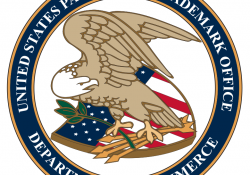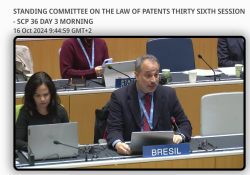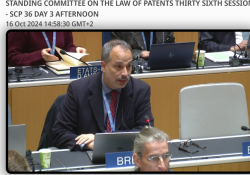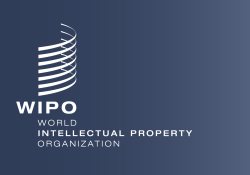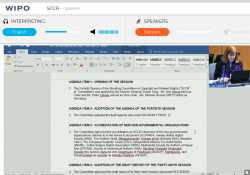KEI Letter Opposing Diplomatic Conference for WIPO Broadcasting Treaty
Knowledge Ecology International sent a January 13, 2025 letter to the delegates of the World Intellectual Property Organization (WIPO) Standing Committee on Copyright and Related Rights (SCCR) opposing the convening of a diplomatic Conference for a WIPO Treaty for the… Continue Reading

